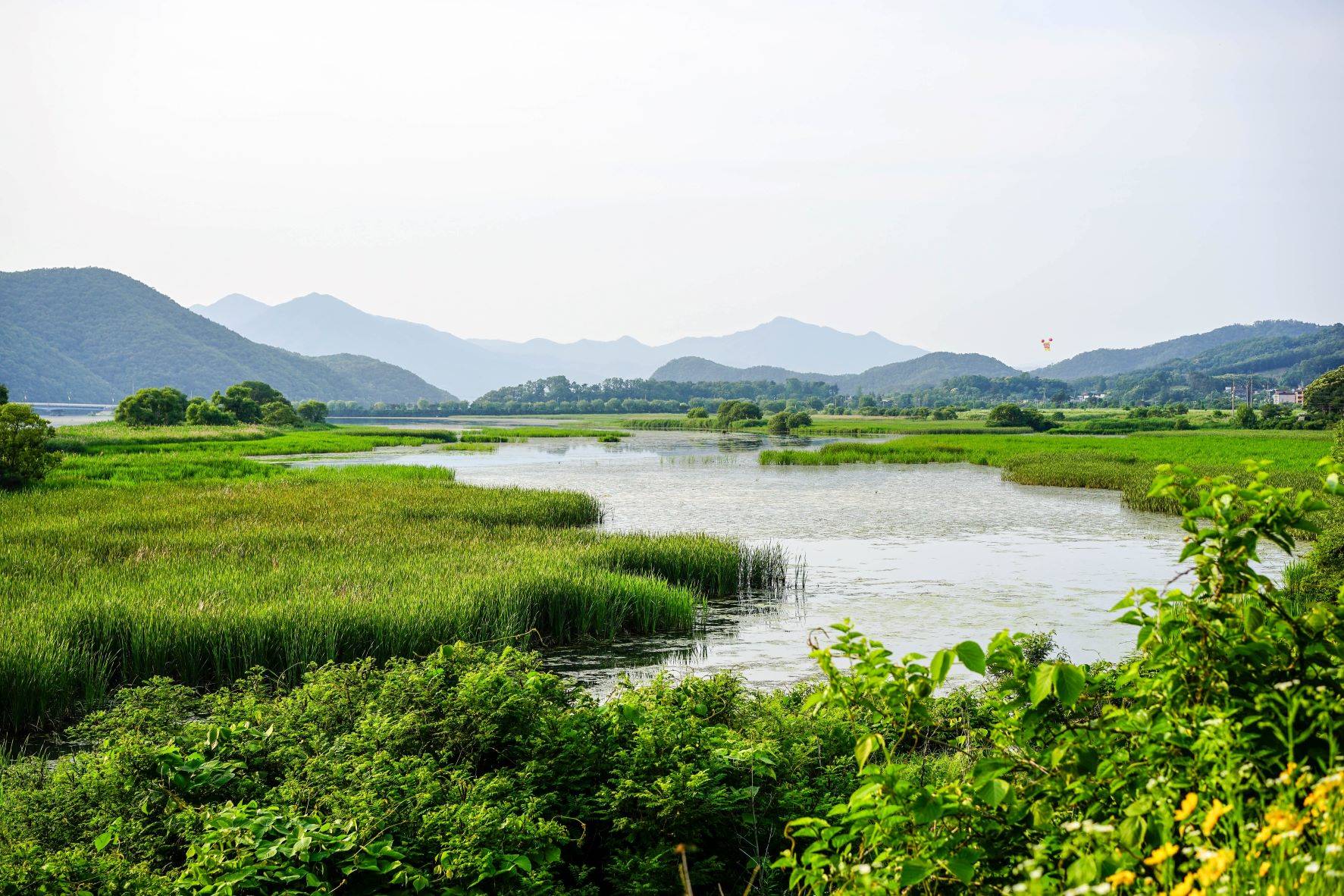Wednesday 2 February 2022 marked the first official observance of World Wetlands Day. In this blog, Dr Dale Mineshima-Lowe, Lecturer and Acting Programme Director of MSc Environment and Sustainability, explains the significance of the day and how it’s raising awareness of biodiversity, climate mitigation/adaption, and the global environment.
Wednesday 2 February marked the first official observance of World Wetlands Day, adopted by the UN General Assembly in August 2021. February 2 was chosen as the date to mark the anniversary of the Convention on Wetlands (also known as the Ramsar Convention on Wetlands), adopted as an international treaty back in 1971.
Since 1997, the 1971 Convention has been celebrated annually as ‘World Wetlands Day’, as a means of raising awareness about how global wetlands are critical ecosystems that contribute to various global environmental and sustainability issues. The 2021 UN Resolution has now adopted this day officially as an internationally observed day. This additional recognition, it is hoped, will highlight the issue within public discourse, raise concern for the issue, and mobilise political will and commitment (national and international) for resources towards wetlands protection, restoration, and preservation.
‘Wetlands’, broadly defined, covers a multitude of water ecosystems – natural and human-made, including both freshwater and marine-coastal ecosystems – such as mangroves and other coastal areas, coral reefs, tidal flats, estuaries, swamps and marshes, rivers, lakes, and underground aquifers. This year’s theme of ‘Wetlands Action for People and Nature’, explains how wetlands are ecosystems that contribute to biodiversity, climate mitigation and adaptation strategies. Its focus on the inter-relationship between nature and people is meant to serve as a ‘call to action’ – dedicating human, financial and political resources to protection and restoration efforts.
According to the Ramsar Convention on Wetlands – Global Wetland: Special Edition 2021 report, global wetlands deterioration is widespread, impacted by climate change – with changing weather patterns creating more risk of droughts and flooding – causing ecosystem damage and degradation. While the report identified the negative impacts on wetlands, it also recognised wetlands as important for their role as part of climate mitigation and adaption strategies. It highlighted that wetland ecosystems can be both solution and problem dependent on how they are managed – as power source carbon sinks if undisturbed and maintained, or a source of greenhouse gases if allowed to degrade. This is where the report, along with the call to action of this year’s World Wetlands Day theme, calls for the need to enhance coordination and integration across different sectors – wetland management, agriculture, and urban development amongst others for instance. It highlights the need not only for international agreements and national strategies, but the commitment of vital resources to actualise the agreements in the short and long-terms.
Further information

